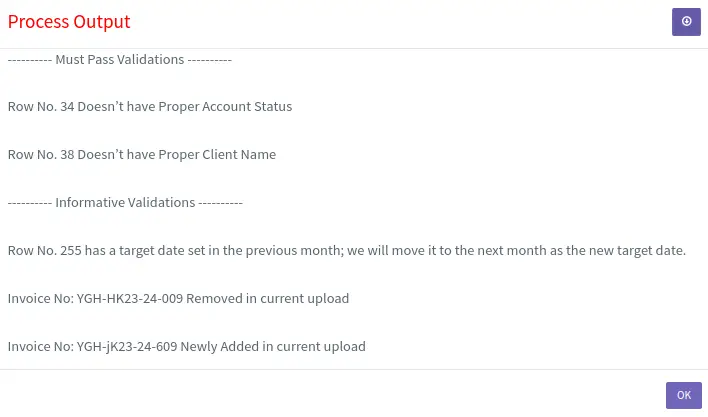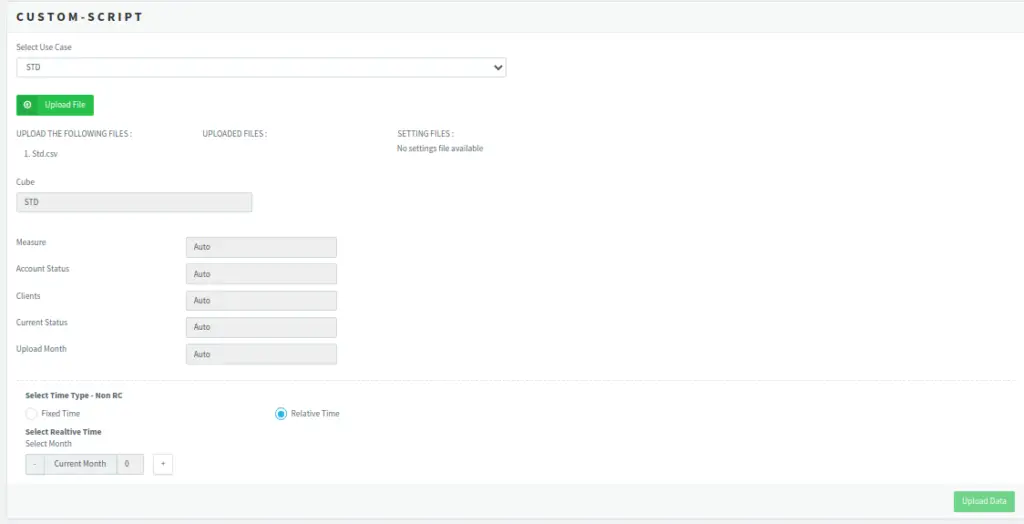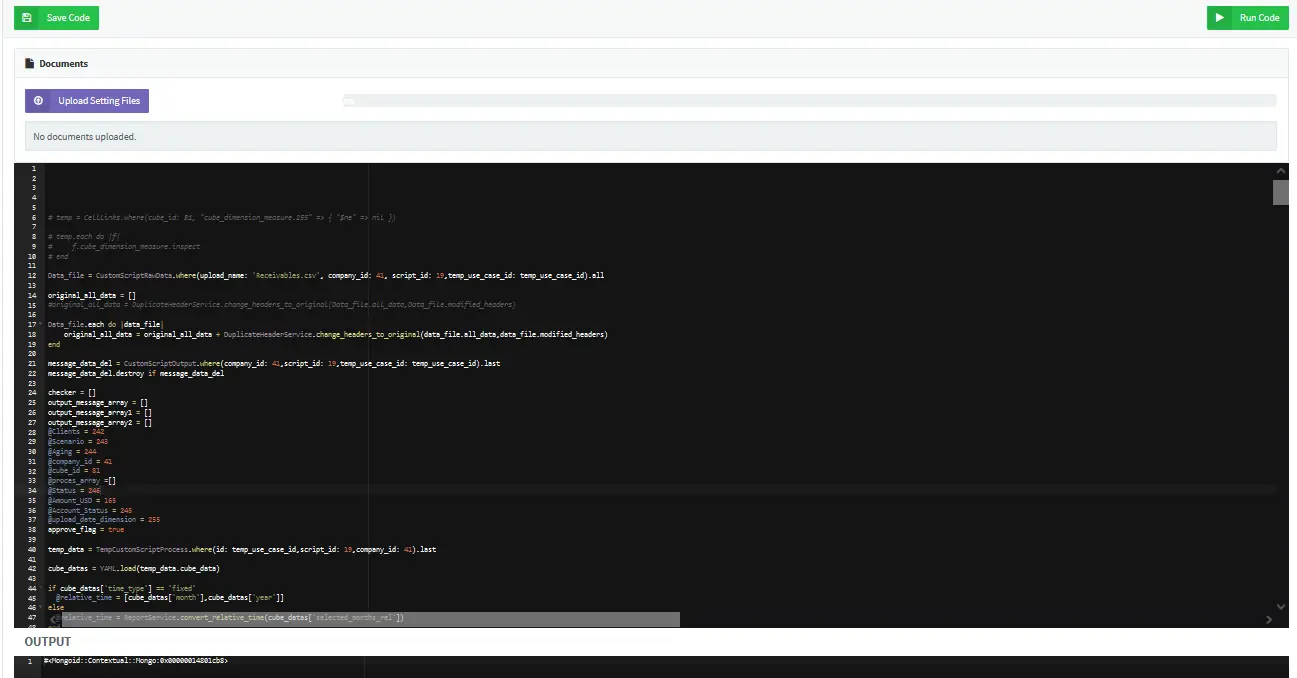Extract Load Transform (ELT) is a cornerstone for management reporting. Management Information Systems (MIS) systems rely on data collected from various sources and in different formats, which presents a key challenge: every system exports data in its own unique structure. Loading these varied data formats into a unified MIS system isn’t straightforward—there’s rarely a simple one-to-one mapping between the data from each source and the required format within the MIS system.
Many teams resort to manually reformatting data in tools like Excel to meet MIS requirements. However, this manual process is time-consuming, repetitive, and error-prone, often creating bottlenecks. Fortunately, a more efficient solution exists: script-based ELT (Extract, Load, Transform). With this approach, the data extraction and transformation processes are automated using scripts, which can handle even complex data manipulations without requiring extensive manual intervention.
How does script based ELT work?
With script-based ELT, the process follows a straightforward flow:
- Extract the data from source systems
- Transform it using a script to apply any necessary logic, such as custom formatting, data validation, or business rules.
- Load the transformed data directly into the MIS system.
Advantages of Script-Based ELT for MIS and FP&A systems
A script-based ELT approach brings several unique advantages:
Complex Transformation Logic
Script-based ELT allows for complex data transformations that go beyond basic SQL queries. Using languages like Python or Ruby, you can write intricate logic to convert data formats, apply custom business rules, and automate data restructuring to meet specific MIS needs.
Automated Data Quality Checks
With a script-based approach, you can integrate data validation checks directly into the transformation process. Scripts can validate data against defined standards, detect discrepancies, and either flag or automatically correct errors. For example, the script can check for existing records in the MIS database to identify duplicates or missing fields before the data upload, helping to ensure data integrity.
Enhanced Error Handling
Script-based ELT enables robust error-handling mechanisms. You can set up two types of validation: “must-pass” validations and “informative” validations. The must-pass validations stop the upload if they fail, preventing incorrect data from entering the MIS system. Informative validations notify the user about potential issues without stopping the upload, allowing for post-upload data analysis and cleanup.

Continuous Data Quality Monitoring
The scripts can be configured to monitor and log data discrepancies, such as changes to existing records or anomalies in the data that might suggest issues in the source systems. By automatically flagging these discrepancies, MIS teams can proactively address data quality issues and track root causes over time.
Customizable for Organizational Needs
Unlike SQL queries, which are sometimes rigid and limited, script-based ELT can be easily adapted to fit changing business requirements. By editing the script, you can update the logic and adapt to evolving data structures without needing to overhaul the entire ETL pipeline.
PivotXL: Streamlining Data Uploads with Custom Scripts
PivotXL takes script-based ELT to the next level with its specialized feature for uploading data via custom scripts. For organizations dealing with files that deviate from standard upload formats, PivotXL provides a tailored solution.
Our team can develop custom upload scripts for such files, ensuring seamless integration into the MIS system. Once these scripts are written and configured in the backend, users can simply upload the data through the Custom Script tab in the software. PivotXL processes the file, applying the necessary logic to transform and load the data into the cube with the appropriate dimensions and grouping.

This feature not only simplifies complex data uploads but also enhances accuracy and efficiency, empowering MIS teams to focus on analysis rather than manual data preparation.
Why Script-Based ELT is a Game Changer for MIS
The flexibility and depth that script-based ELT offers can be transformative for MIS teams. This approach reduces manual labor, improves data quality, and increases the system’s ability to handle complex data transformation requirements. By automating validations and integrating complex logic, script-based ELT processes empower MIS teams to spend less time on grunt work and more time generating actionable insights.
In summary, script-based ELT can be a powerful tool for enhancing the accuracy, efficiency, and flexibility of MIS data integration. By integrating advanced validation steps, error handling, and customization options, this approach transforms the way data is processed and loaded into MIS systems—providing organizations with a streamlined, reliable, and adaptable solution for complex data needs.




